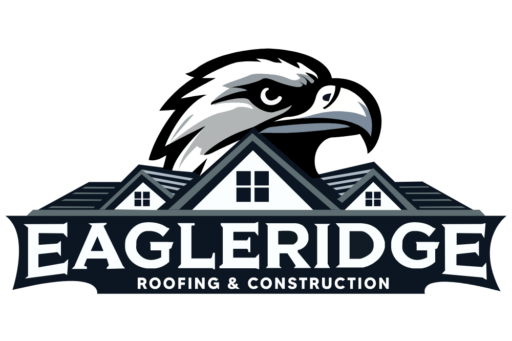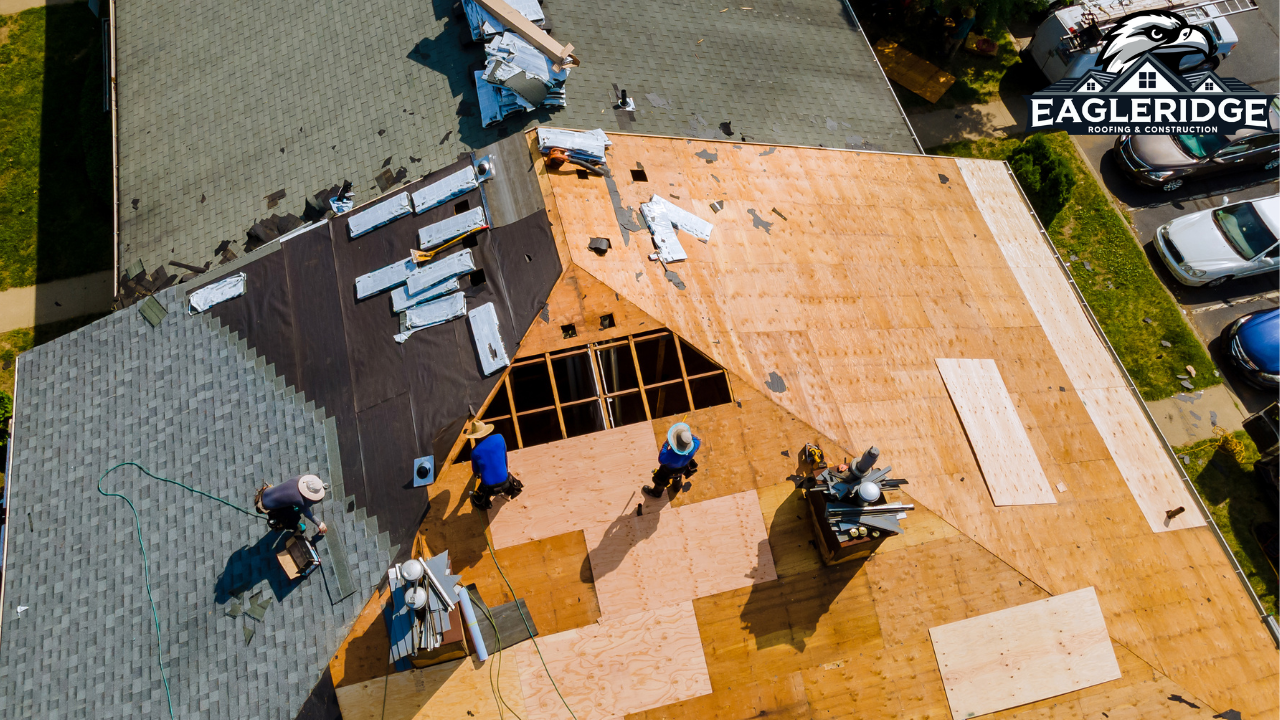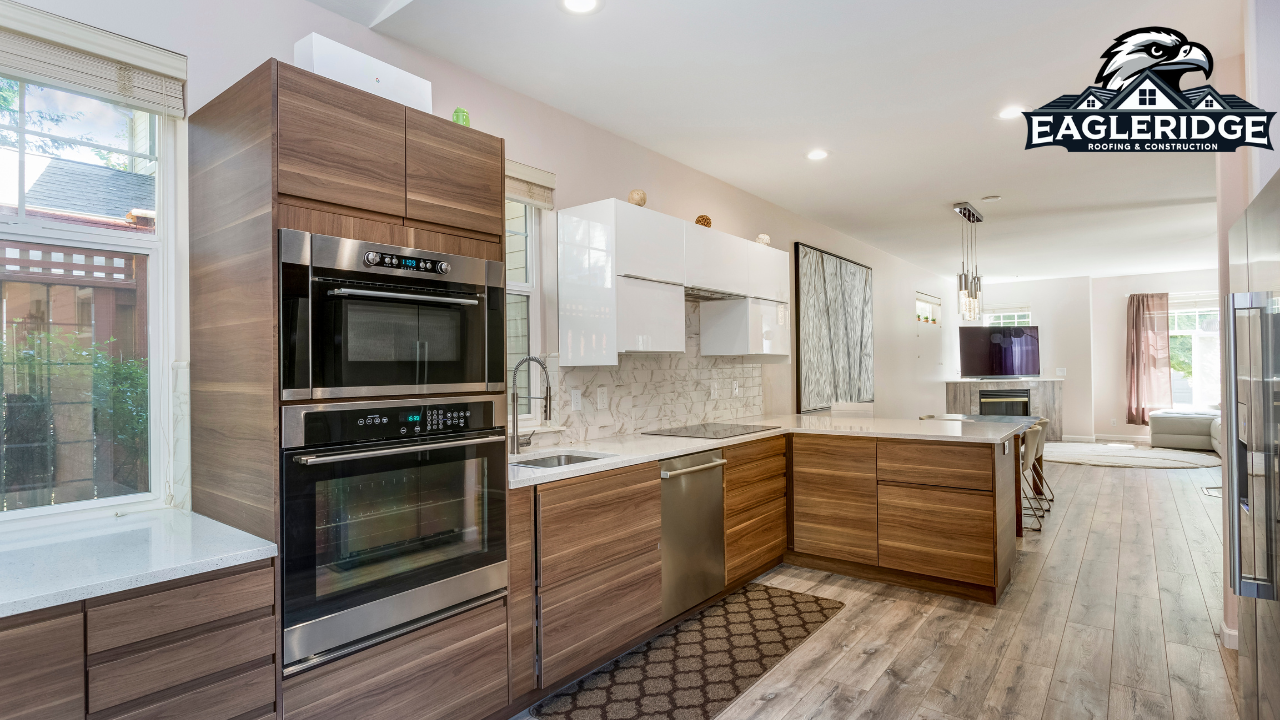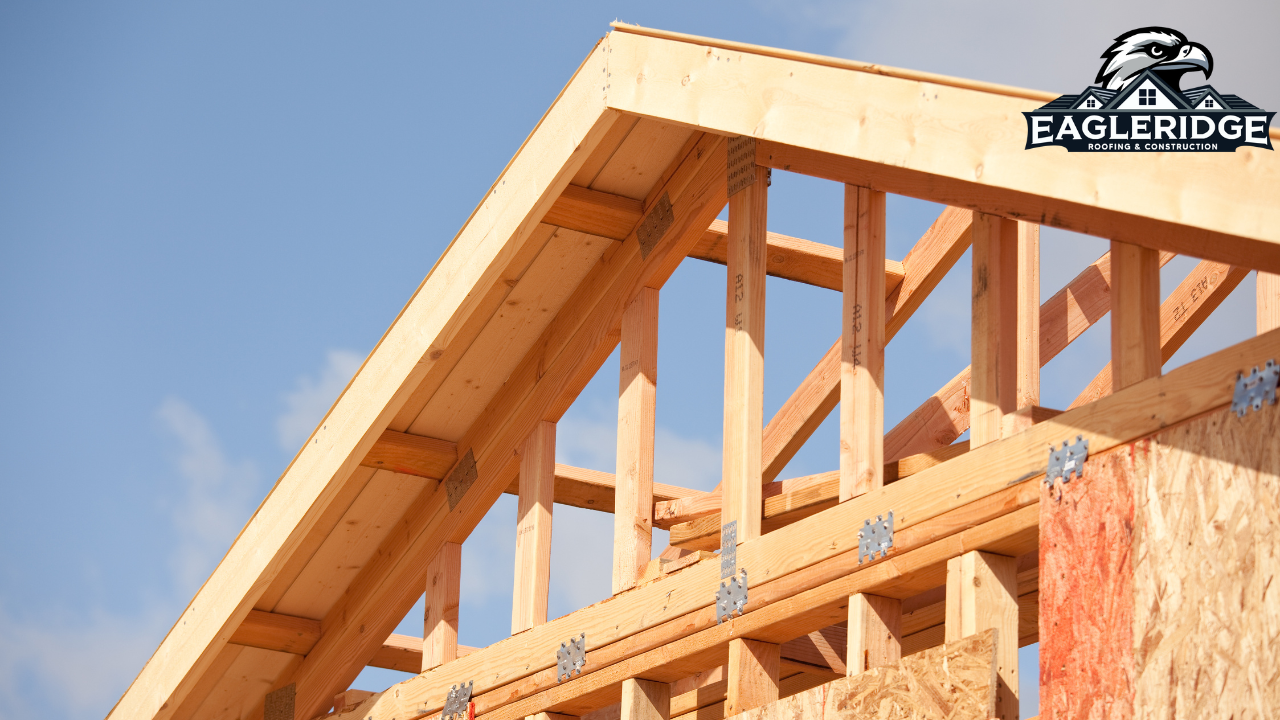When it comes to selecting the best waterproof flooring for your kitchen, you have several high-quality options to evaluate. For me, luxury vinyl plank (LVP) flooring and ceramic or porcelain tiles are standouts due to their exceptional durability and ease of maintenance. LVP offers a completely waterproof solution that convincingly mimics the look of natural wood or stone, while ceramic and porcelain tiles provide superior moisture resistance and a wide range of styling options. As you weigh these choices, you might also want to explore waterproof hardwood alternatives and other versatile options like sheet vinyl flooring. But which one will be the perfect fit for your kitchen? Let's break it down to find out.
TLDR
- Ceramic and Porcelain Tiles: Highly durable, water-resistant, and easy to clean, making them ideal for kitchens with high moisture levels[2][5].
- Luxury Vinyl Plank (LVP) Flooring: Completely waterproof, withstands heavy foot traffic and spills, and offers a low-maintenance installation with a variety of aesthetic options[2][4][5].
- Waterproof Hardwood Options: Engineered hardwood and hybrid wood offer authentic hardwood appearance with enhanced water resistance, suitable for kitchens with occasional spills[1][4].
- Poured Resin Floors: Provides a non-porous surface, highly durable against heavy traffic and chemical spills, and is easy to maintain with simple cleaning[2][4].
- Sheet Vinyl Flooring: Cost-effective, durable, and comfortable underfoot, with a clear wear layer that protects against stains and simplifies cleaning in kitchen settings[3][5].
Ceramic and Porcelain Tiles
When it comes to waterproof flooring for your kitchen, ceramic and porcelain tiles stand out as exceptional choices.
Porcelain tiles, in particular, are highly durable and resistant to water, stains, scratches, and wear and tear. They're ideal for high-traffic areas like kitchens and bathrooms because they can withstand moisture and spills without damage.
Unlike ceramic tiles, porcelain tiles are fired at a higher temperature, making them more impervious to moisture and more durable.
Porcelain tiles come in a wide range of styles, colors, and shapes, allowing you to achieve a unique look that matches your kitchen decor.
They're easy to clean and maintain, requiring only regular sweeping, mopping, and spot-cleaning. However, they can be slippery when wet, so using non-slip treatments or mats is recommended.
Luxury Vinyl Plank Flooring
Luxury Vinyl Plank (LVP) flooring is another top contender for waterproof kitchen floors, offering a blend of durability, style, and practicality.
This flooring is made from four layers of synthetic materials, including a sturdy protective layer, a design layer, a stable core, and a waterproof backing.
This construction makes LVP completely waterproof, able to withstand moisture, heavy foot traffic, scratches, and spills without damage.
It's ideal for kitchens, bathrooms, and basements, and comes in a variety of styles that mimic the look of hardwood, stone, and tile.
LVP is also easy to install, often with floating floor options, and requires no sealing, making it a low-maintenance and highly practical choice[1][2][3].
Waterproof Hardwood Options
If you're looking for the authentic look and feel of hardwood in your kitchen but need the assurance of waterproofing, waterproof hardwood options are worth considering.
These floors aren't made from solid hardwood, which is prone to warping and damage from moisture. Instead, they're typically engineered hardwood or engineered hybrid wood.
Engineered hardwood features a plywood core with a top layer of real hardwood veneer, making it more stable and resistant to water than solid hardwood[2][5][4].
Engineered hybrid wood combines a rigid core made from stone-plastic composite (SPC) or wood-plastic composite (WPC) with a hardwood or wood-look veneer, offering exceptional durability and water resistance[2][5].
Both types are coated with waterproof sealants to protect against spills and flooding, ensuring they remain durable and easy to maintain.
Poured Resin Floors
Poured resin floors offer a sleek, modern alternative for kitchen flooring, combining aesthetic appeal with robust durability. Made by mixing a resin and hardener, these floors create a strong, seamless, and glossy finish that's easy to maintain.
One of the key benefits of epoxy resin floors is their non-porous surface, which makes them highly resistant to mould and bacteria, ensuring a cleaner and safer kitchen environment.
These floors are also highly durable and can withstand heavy foot traffic, chemical spills, and high temperatures, making them ideal for commercial and home kitchens alike.
They're easy to clean and maintain, requiring only regular sweeping and mopping.
Additionally, epoxy floors can be customized with non-slip coatings to reduce the risk of accidents, and they're cost-effective in the long run due to their long-lasting nature and low maintenance requirements[1][4][5].
Sheet Vinyl Flooring
After considering the durability and customizability of poured resin floors, another viable option for kitchen flooring is sheet vinyl flooring.
This type of flooring is highly practical and offers several benefits that make it ideal for kitchens.
- Water-Resistant: Sheet vinyl flooring is made from waterproof materials like PVC, making it perfect for areas prone to spills and moisture.
- Easy to Clean and Maintain: It features a clear wear layer that protects against stains and spills, and cleaning is as simple as sweeping and mopping.
- Comfortable and Affordable: Sheet vinyl is softer and warmer underfoot compared to ceramic or stone tiles, and it's relatively inexpensive, especially when compared to other flooring options like tile or hardwood.
These characteristics make sheet vinyl flooring a compelling choice for kitchens, offering a blend of durability, ease of maintenance, and comfort.



